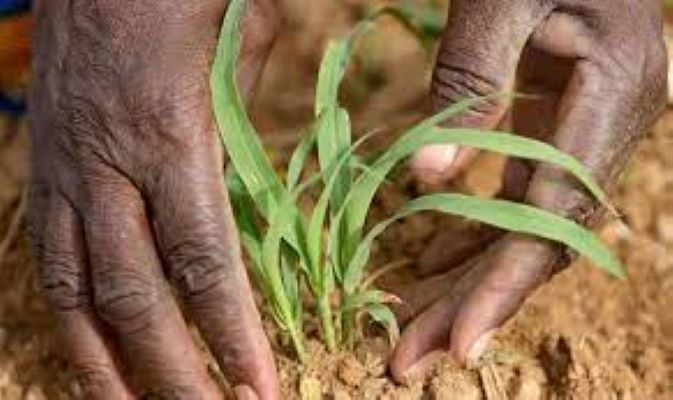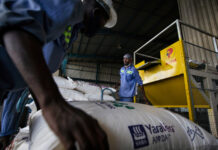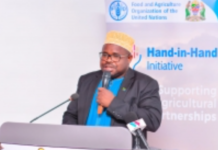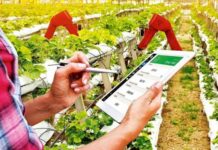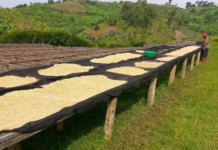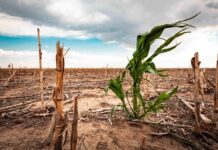A new project, the African Agricultural Transformation Initiative (AATI), has been launched and it aims to promote inclusive agricultural development in Africa.
Founding partners are; consulting firm McKinsey & Company, IFAD, Alliance for a Green Revolution in Africa, and the Bill & Melinda Gates Foundation.
A vast and resource rich continent with boundless potential, Africa is home to some of the most fertile agricultural lands in the world. Though some 70% of people in Africa are involved in the agricultural sector – mostly in small-scale farming – the continent continues to suffer from endemic malnutrition and high food prices, with farmers facing serious financial challenges.
The AATI aims to alleviate these burdens through a US$19.6 million project that brings together the private sector and governments in countries across Africa.
The project works by designing strategies, improving infrastructure, providing resources, and finally implementation at the local level through training programs and on-the-ground support.
“The goal is for it to be a constant driver for the transformation of the lives of millions and millions of people, country after country,” a managing partner in the Nairobi office of at McKinsey & Company, Omid Kassiri, said.
The first wave of AATI focuses on four countries – Ghana, Kenya, Malawi and Senegal. The goal is to “accelerate effective and sustainable changes in their food systems, based on their needs, priorities and existing infrastructure,” according to a press release from IFAD, the UN’s International Fund for Agricultural Development, one of the cofounders of the initiative.
“The role of McKinsey & Company here is knowledge,” said Safia Boly, executive director of AATI.
“Working with partners and having the reach to bring partners together, bringing digital solutions, delivery expertise, problem solving, and implementation methodologies, all of which has been essential to the establishment of the AATI.”
The initiative was launched with the support of McKinsey’s Fund for Social Good, a philanthropic endeavor that supports long-term collaboration between top institutions. The program, started in 2020, aims to find innovative solutions that boost equitable and sustainable growth globally.
A previous analysis from McKinsey found that agriculture on the African continent, much of which is comprised of an estimated 780 million ‘smallholder’ farmers, requires foreign investment to thrive.
Staple food prices in African countries are highly dependent on external factors, with an exceedingly high reliance on imports. That is according to a study by the International Monetary Fund (IMF), which also found that food prices tend to rise significantly when countries are affected by war, natural disaster, and currency instability, all relatively common maladies in many African countries.
The food security crisis in Africa was further worsened in the past year by the war in Ukraine, according to analysis by Human Rights Watch. African countries across the continent rely on Ukrainian imports of wheat, fertiliser, and vegetable oils.
Nigeria, the most populous country in Africa, receives 25% of its food imports from both Ukraine and Russia. That percentage is even higher in countries like Uganda, Sudan, Cameroon, and Tanzania, where Human Rights Watch found war-related rises in food prices severely affected people’s livelihoods.



